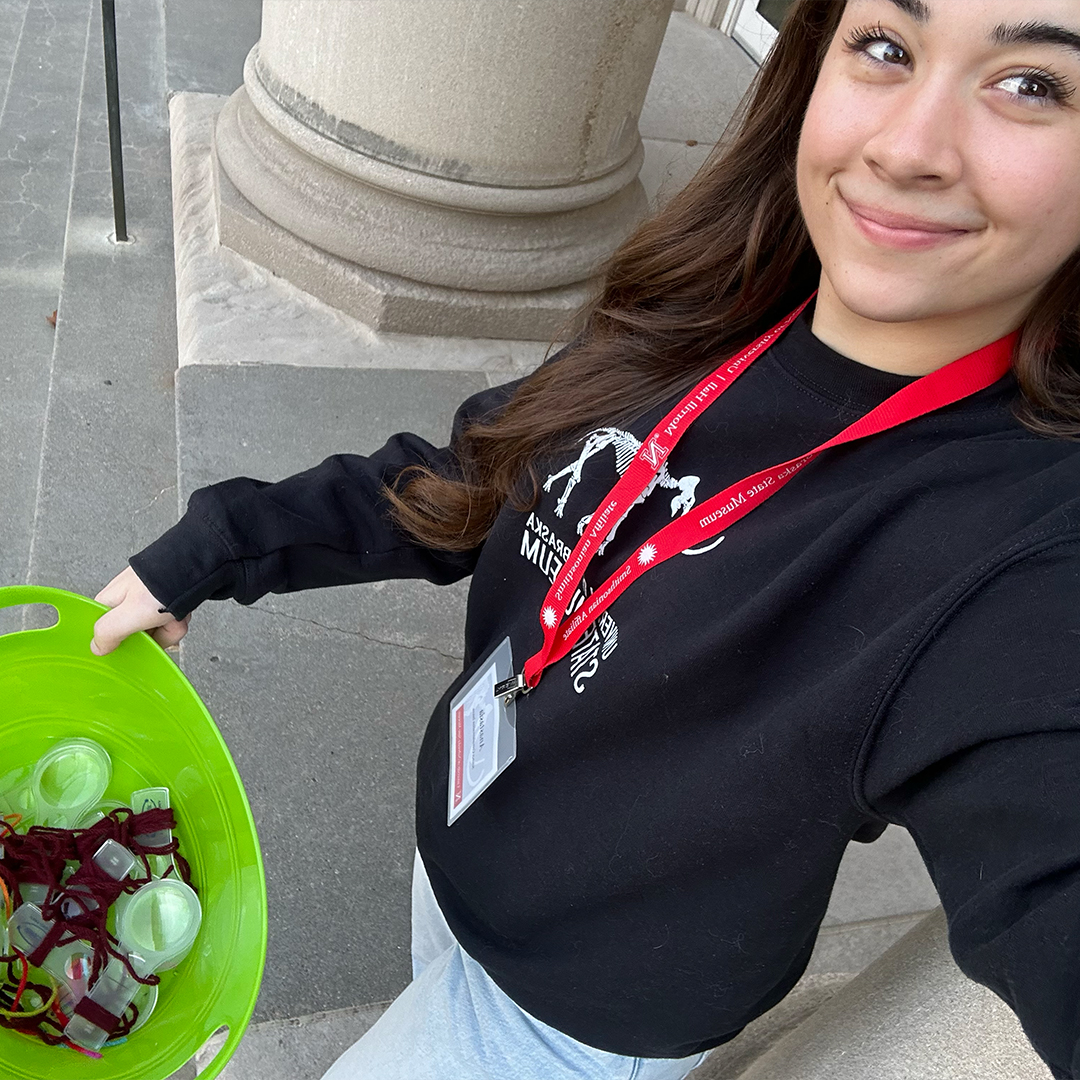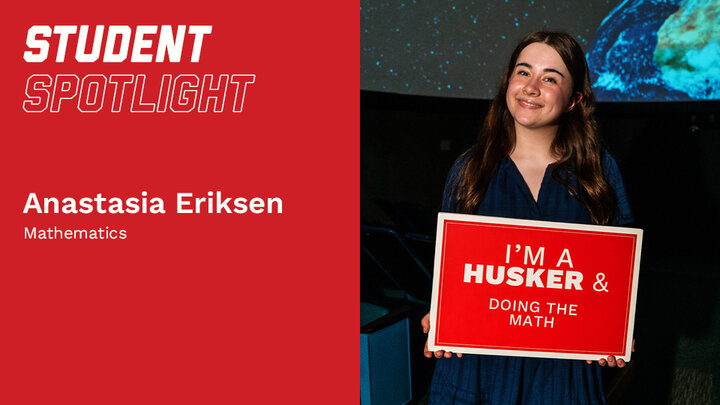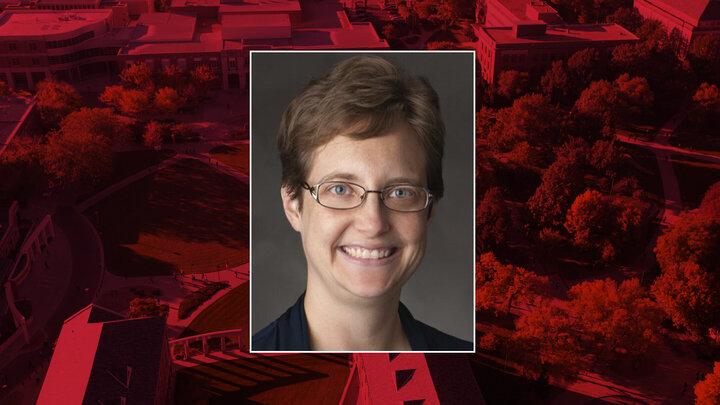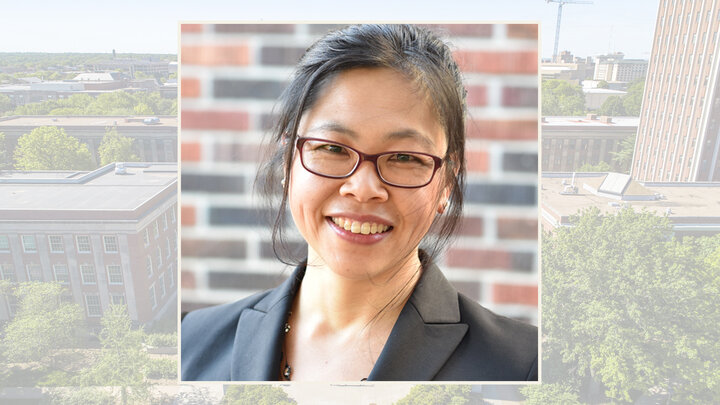Major: Mathematics
Hometown: Lincoln, Nebraska
“Growing up, I was really into science and math," says Anastasia. “My parents constantly took me to Morrill Hall. I remember visiting the museum and getting to talk to all these cool people who loved science, and it really rubbed off on me.”
Now, as a Claire M. Hubbard environmental science communication intern at Morrill Hall, Anastasia (@anaeeriksen) is one of those “cool people who loves science,” working in the museum’s Muller Planetarium to help new generations get excited about learning.
“At the planetarium, I use special software to create interactive programs. Every month, we have a new topic: maybe it’s about sustainability, extreme environments or animal relationships. It’s so much fun because I have people in there who have never been to a planetarium or don’t know about astronomy, and I just go and talk to them about something that I'm really passionate about that they're also curious about.”
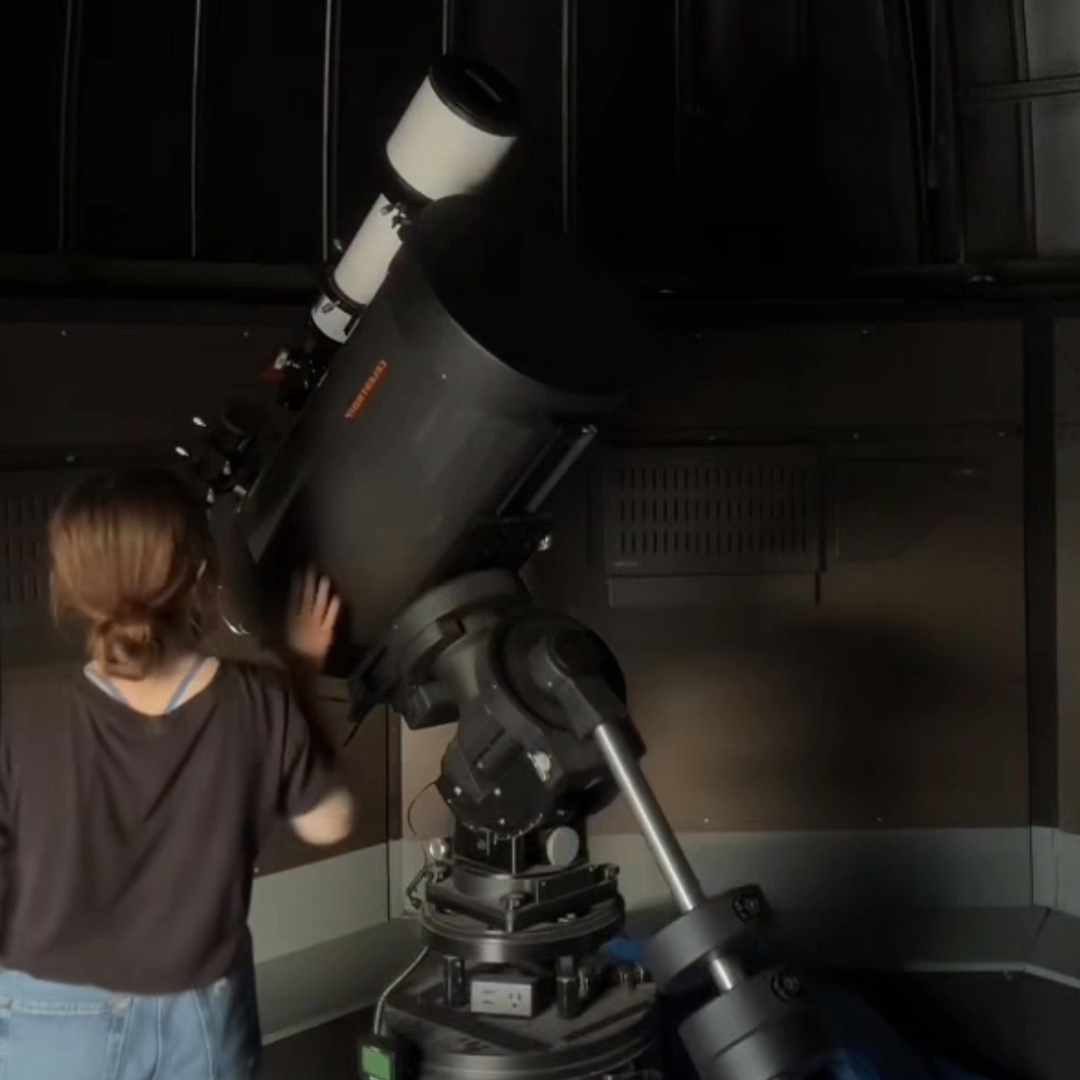
Anastasia’s passion has earned her a grant through NASA's National Space Grant College and Fellowship Project. These grants are awarded to students around the country who, like Anastasia, are eager to share their love for science. The grant is funding Anastasia’s internship at Branched Oak Observatory this summer, where she educates visitors on astronomy and conducts research.
“Along with outreach, we’re able to do our own observational astronomy research, which includes data analysis on astrological phenomena. Most recently, we detected an asteroid that will pass near Earth — we’re hoping we can help determine the shape of the asteroid with our data.”
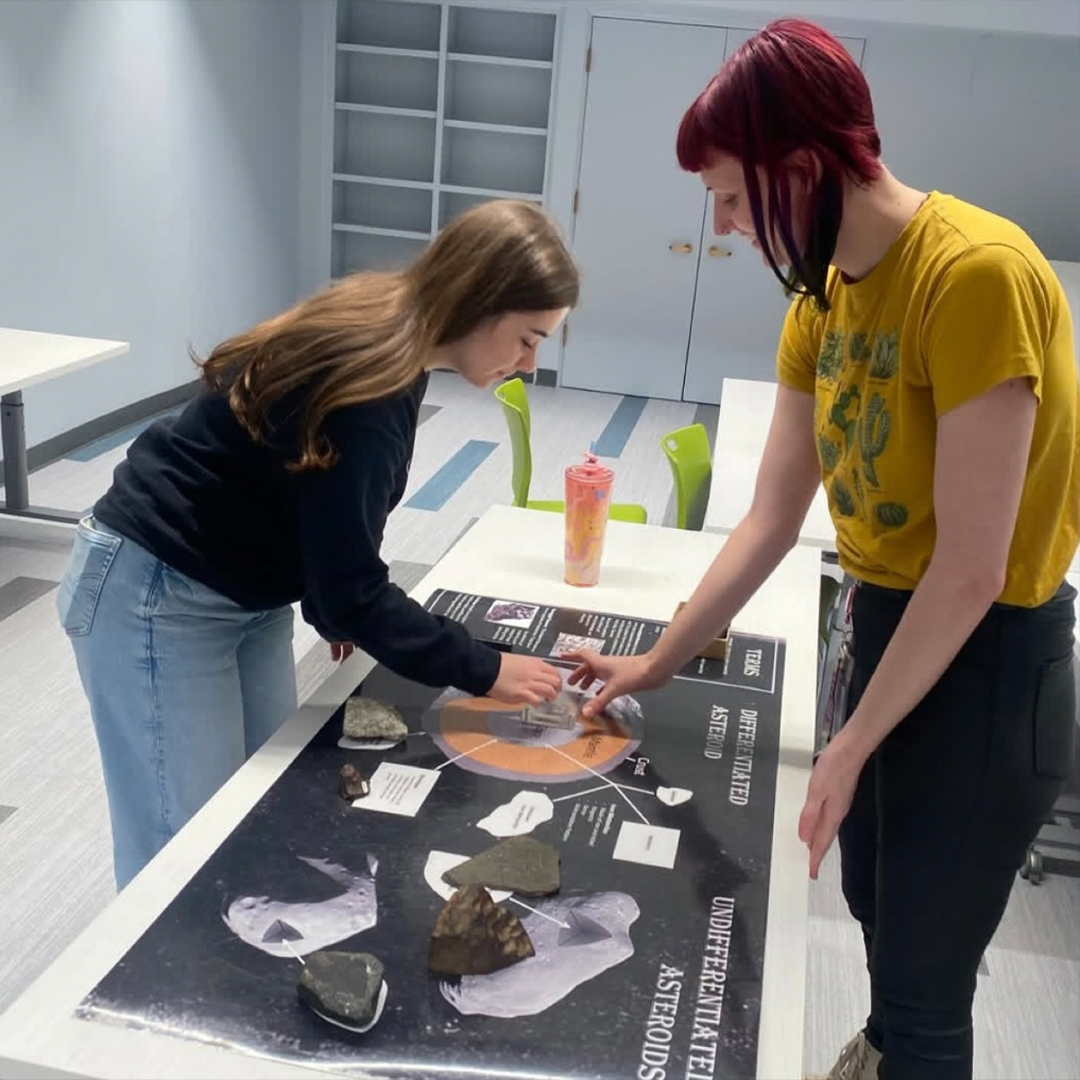
Anastasia is also beginning UCARE (the Undergraduate Creative Activities and Research Experience program) research this summer under Dr. Irina Filina to conduct geophysical modeling on the Earth's magnetic field.
“Earth’s magnetic field reverses over the course of millions of years and we have no idea why. We’re going to map out how it’s changed over the last 55 million years and hopefully, someone can use that to figure out why this happens. I’m really excited to get started.”
